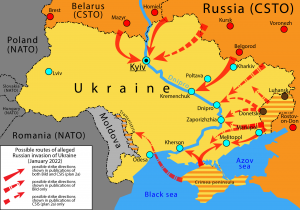by Michael Naughton, Reader in Sociology and Law, University of Bristol Law School and School of Sociology, Politics and International Studies (SPAIS)

Introduction
The Criminal Cases Review Commission (CCRC) is the last hope for alleged innocent victims of wrongful convictions who fail in their attempts to overturn their convictions within the normal criminal appeals system. It was established as the main recommendation of the Royal Commission on Criminal Justice (RCCJ), which was announced on the day that the Birmingham Six overturned their wrongful convictions in the Royal Courts of Justice. It was the case of the Birmingham six and other now notorious miscarriage of justice cases including those of the Guildford Four, the Maguire Seven, Judith Ward, as well as a host of lesser known cases that were overturned around the period, that were able to cause a widespread lack of confidence in the workings of the entire criminal justice system in the late 1980s and early 1990s. The public awareness that the criminal justice system was convicting innocent victims and then failing to provide the necessary mechanisms for them to overturn their wrongful convictions was something that was deemed to be unacceptable and something that needed to be urgently addressed to restore public confidence. (more…)

